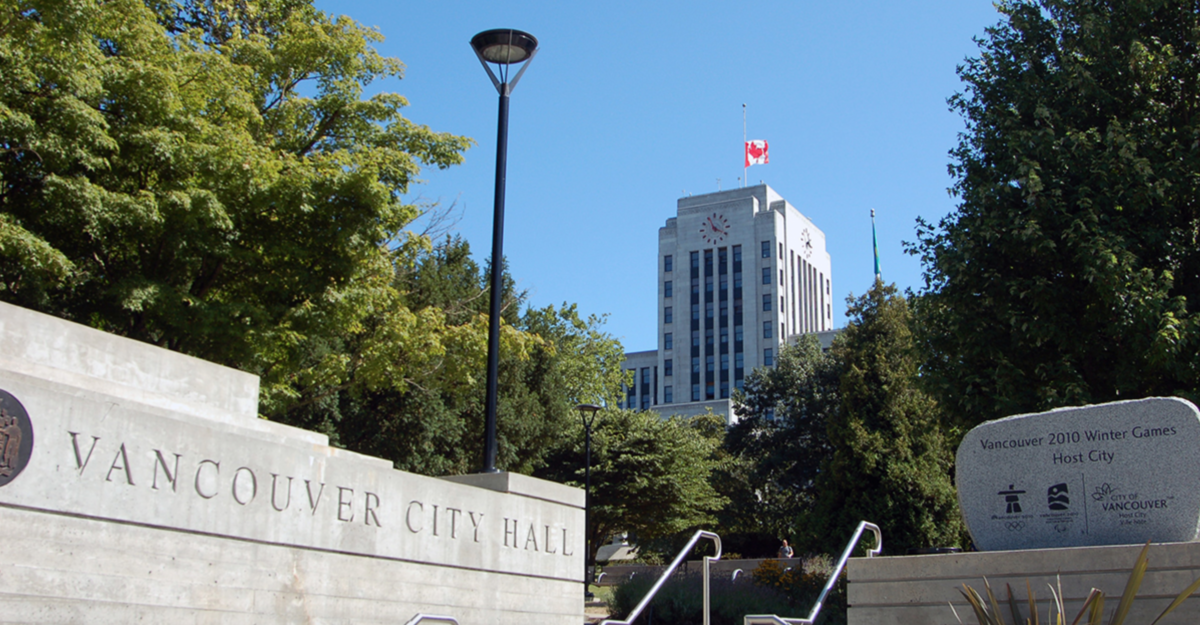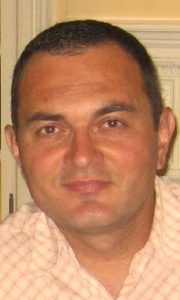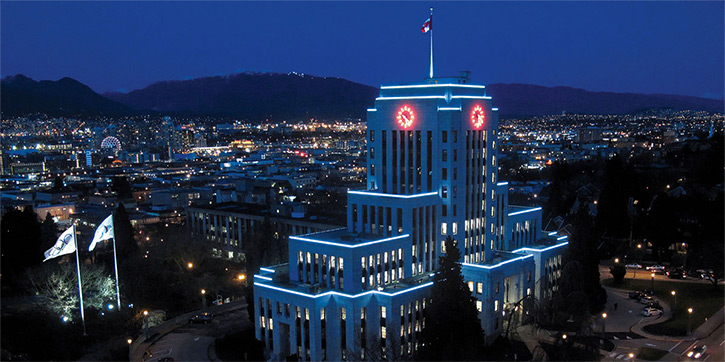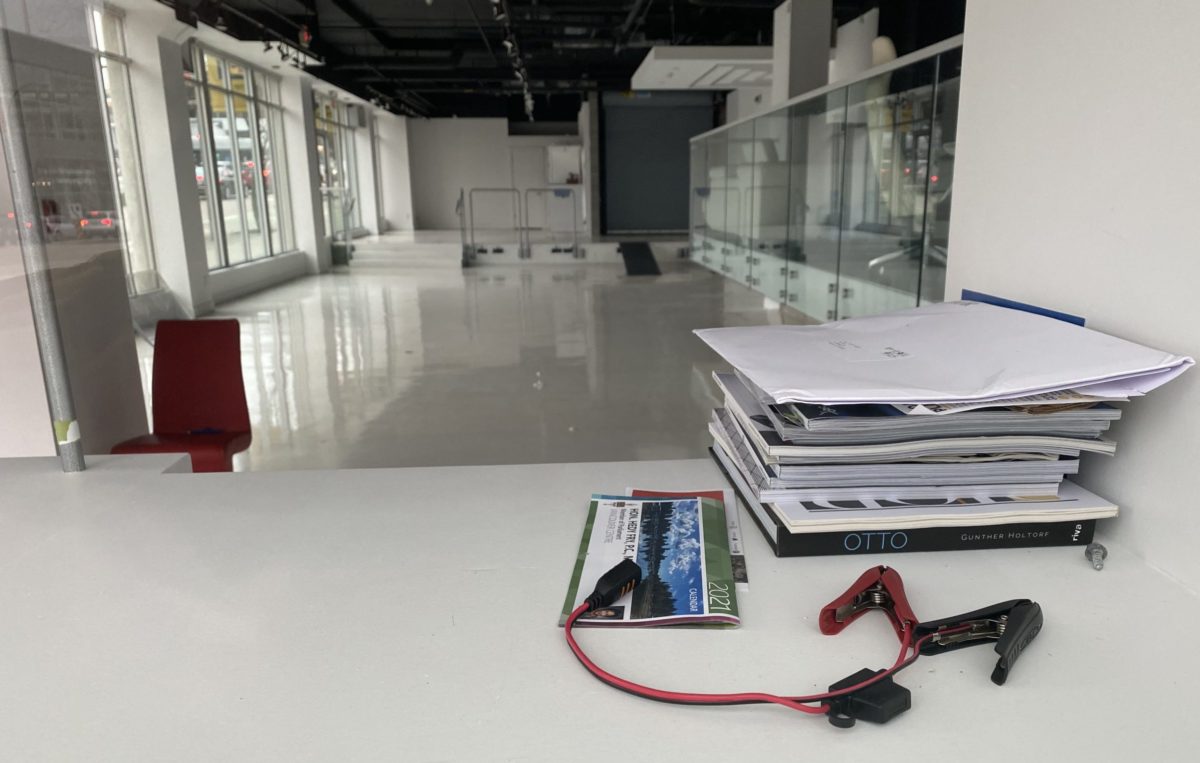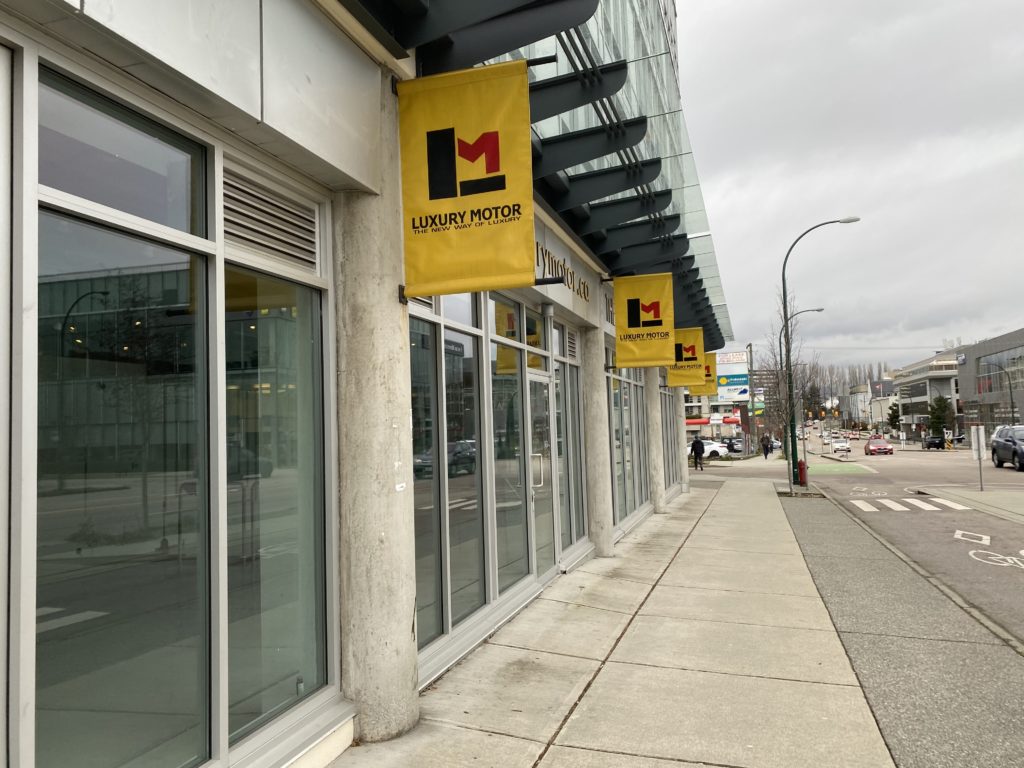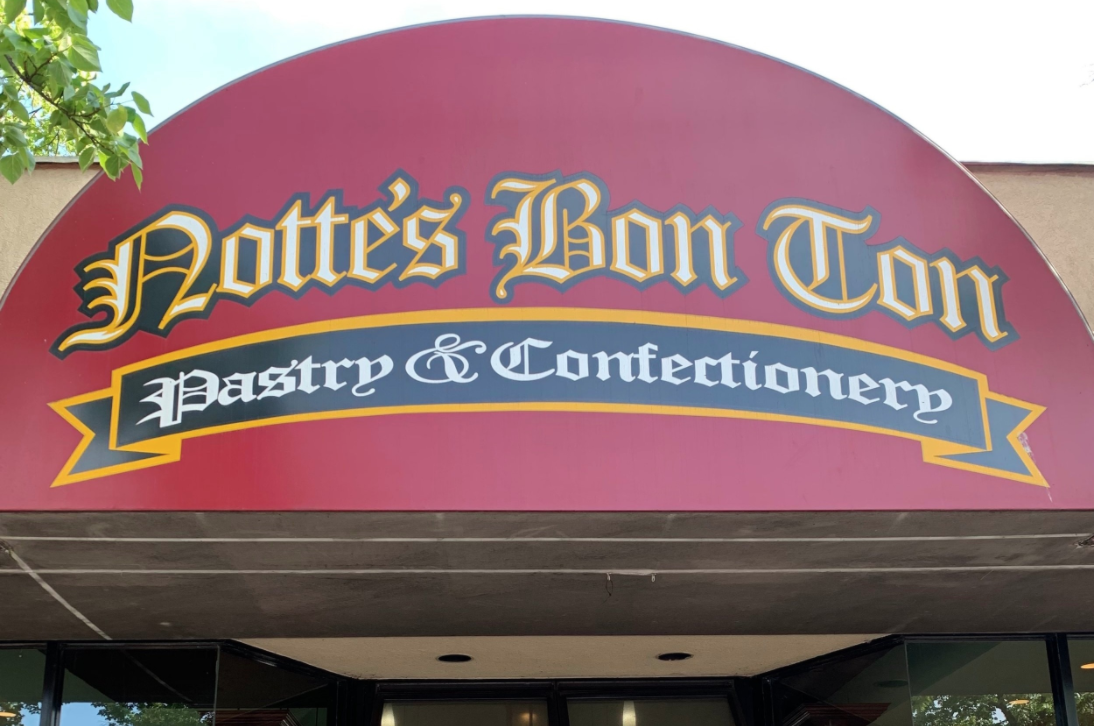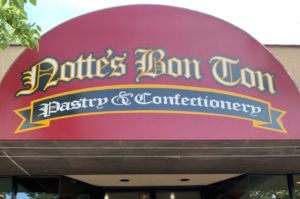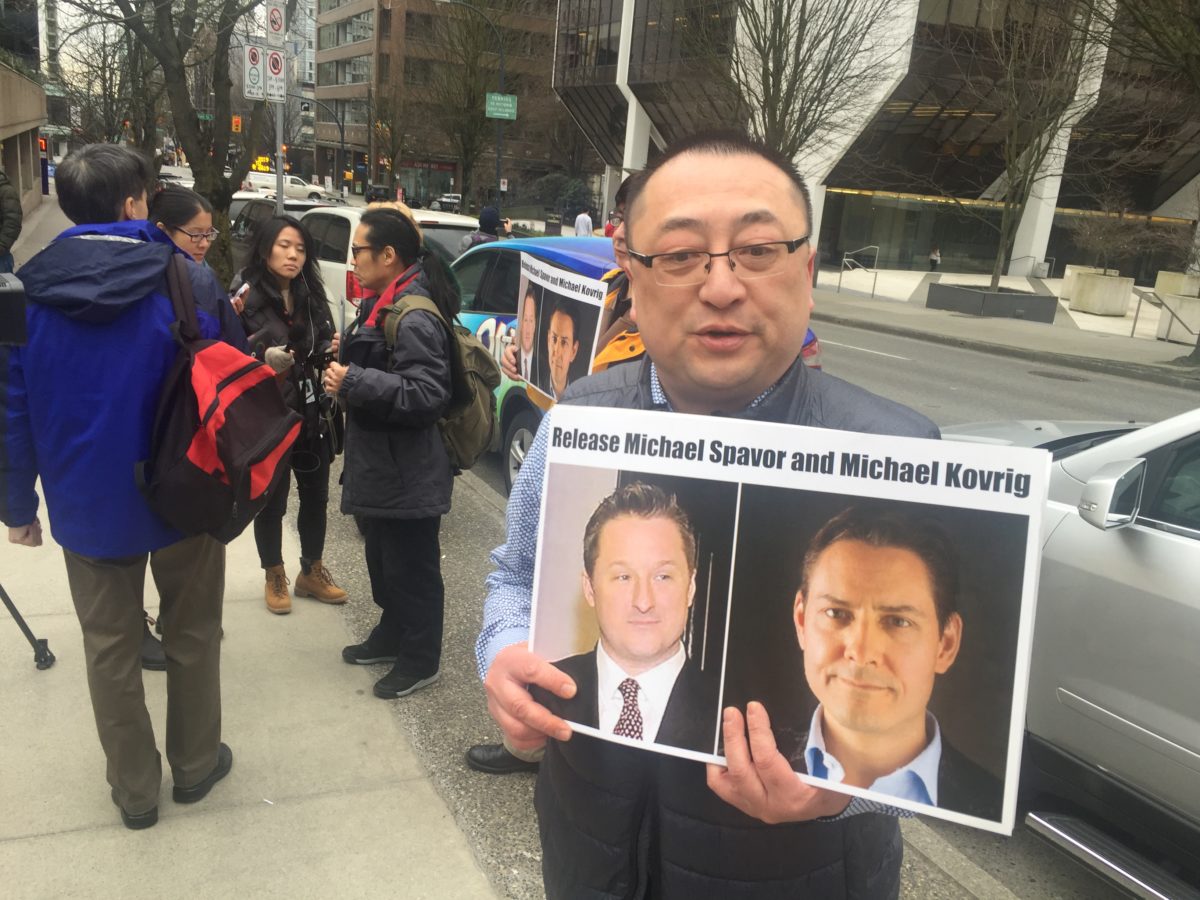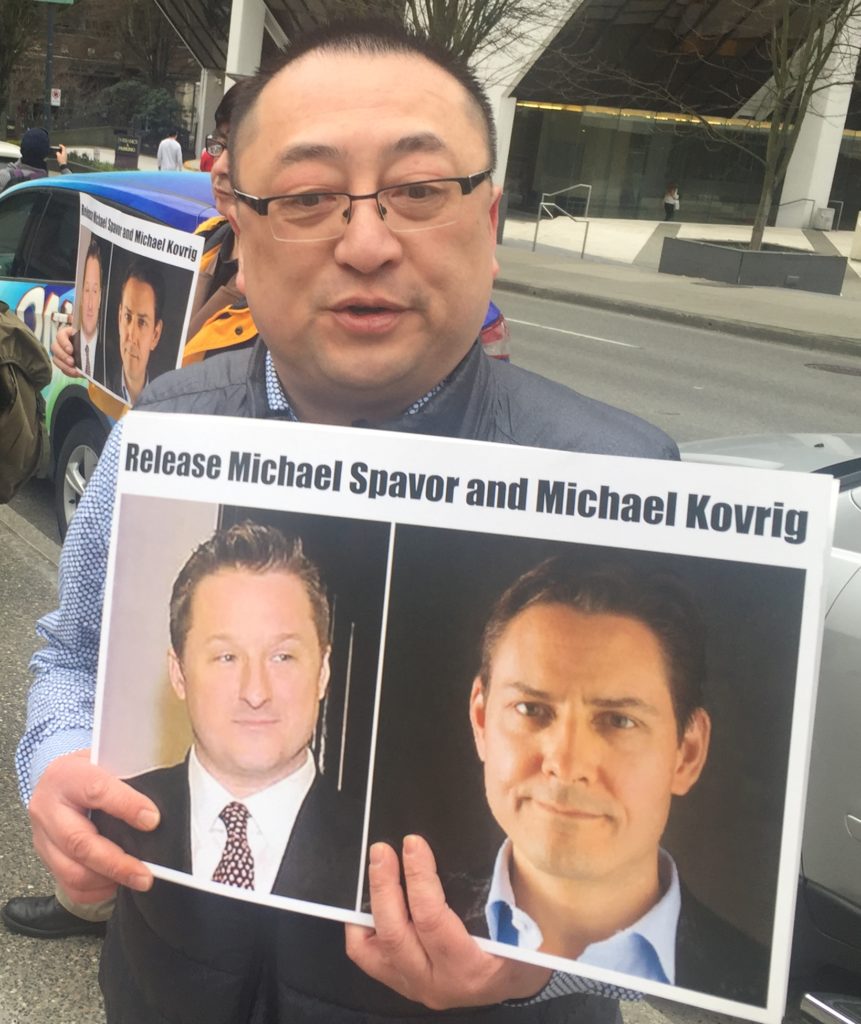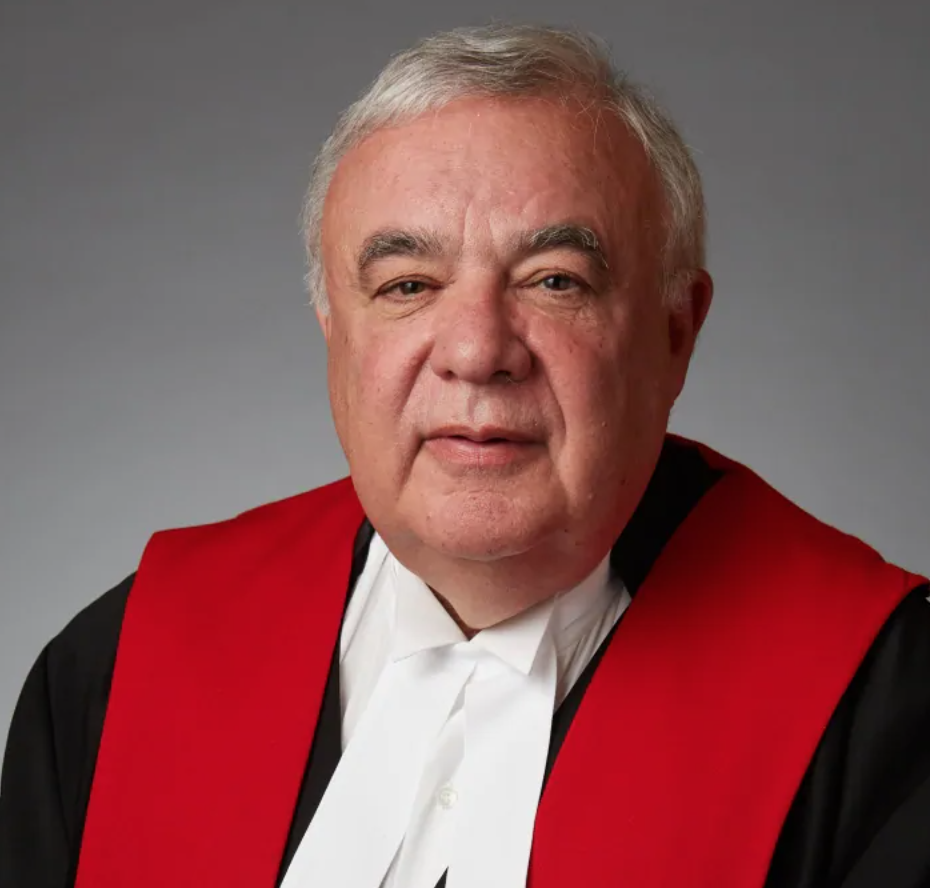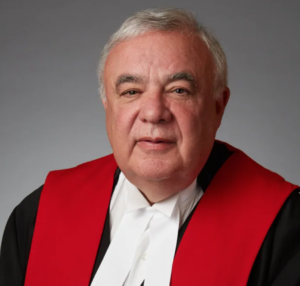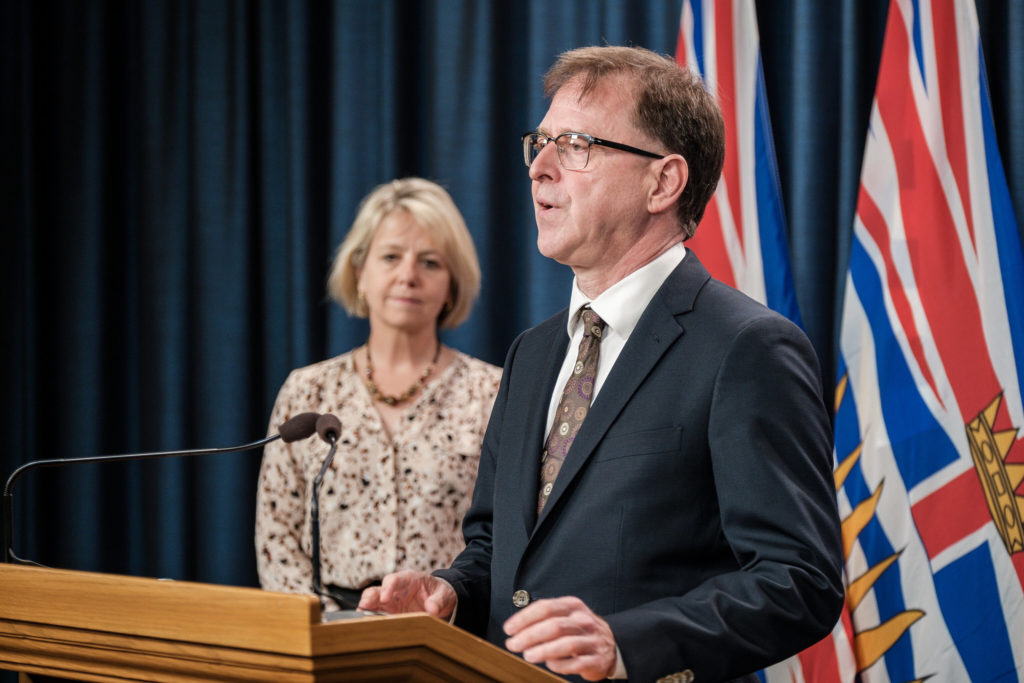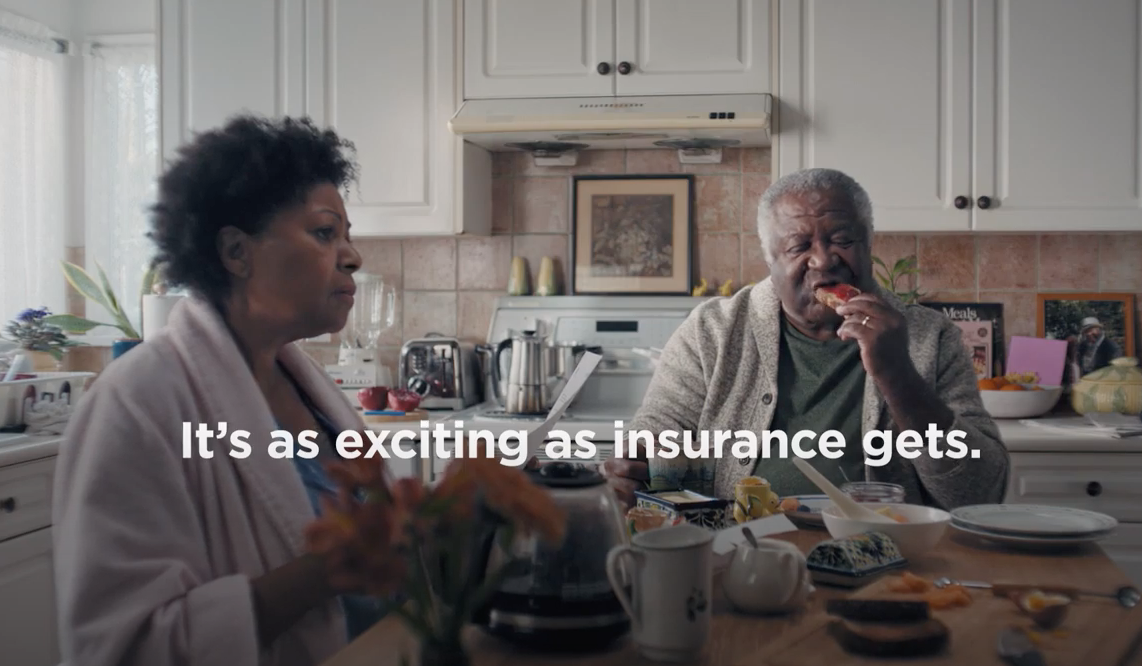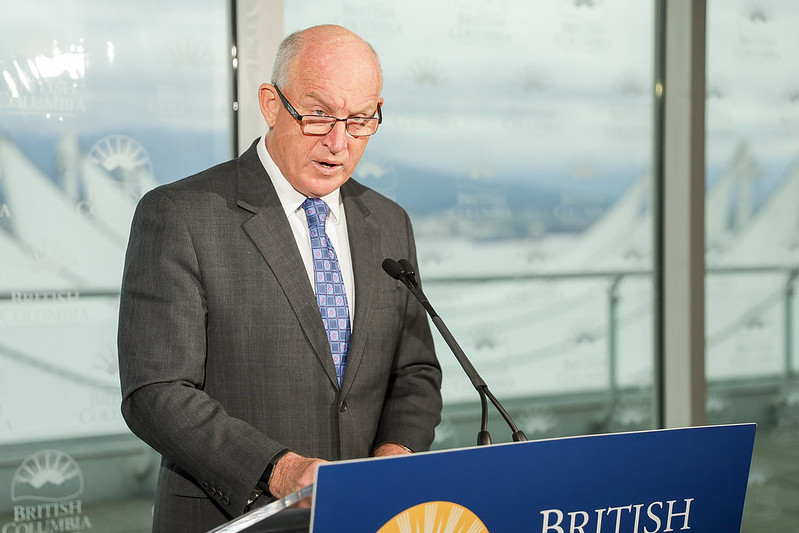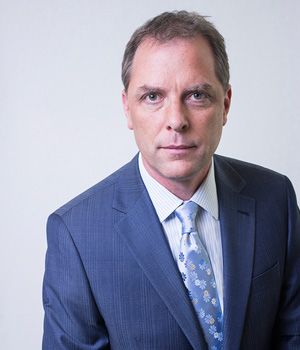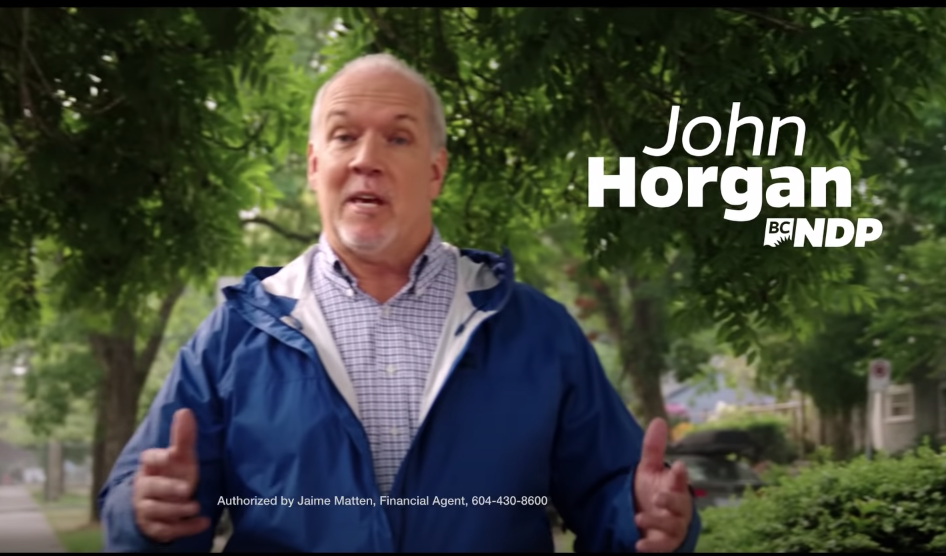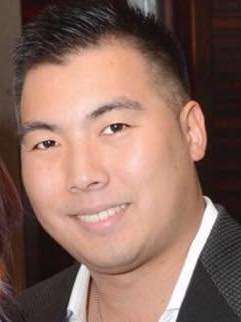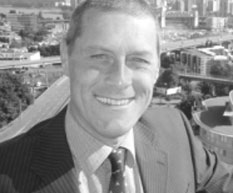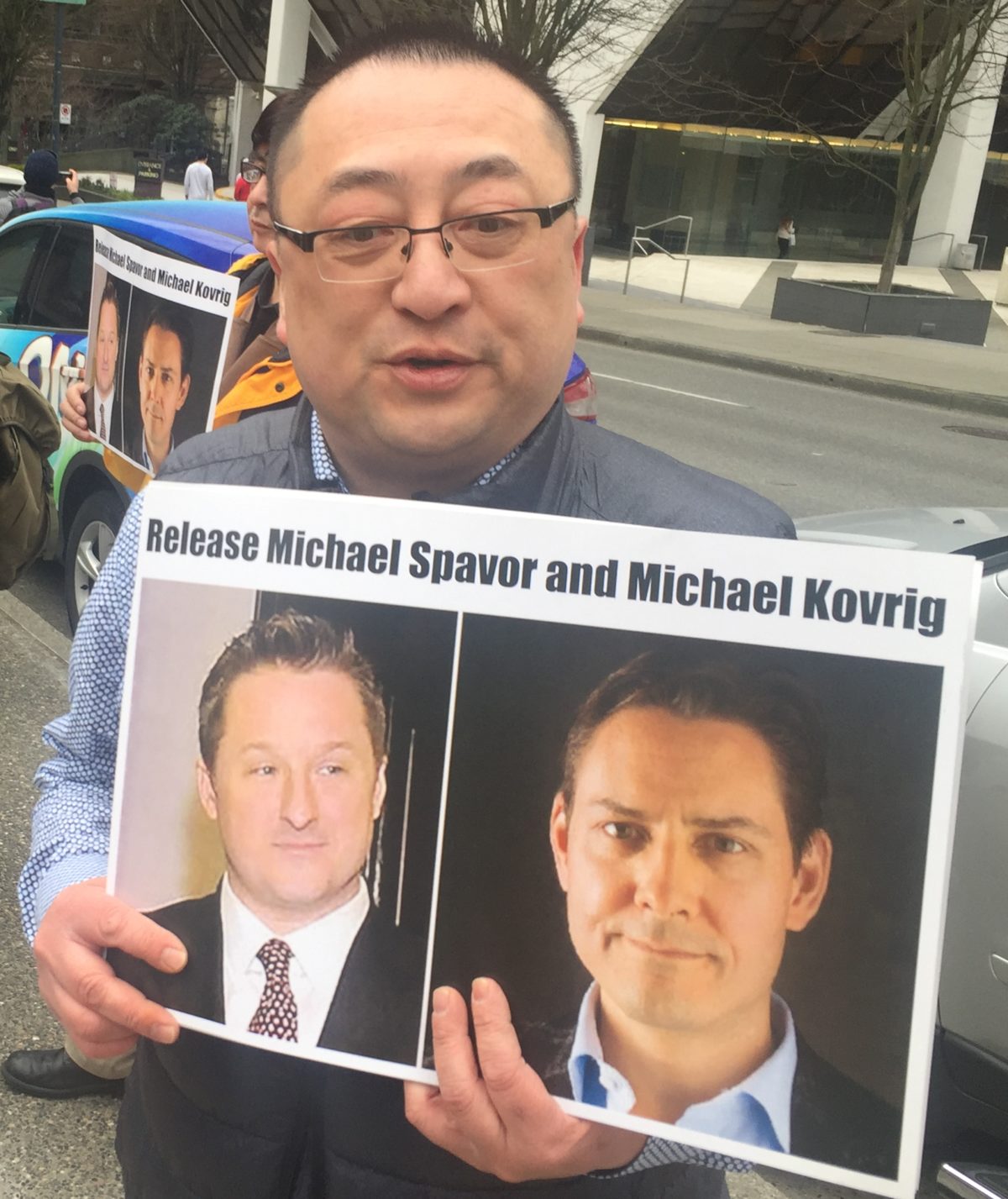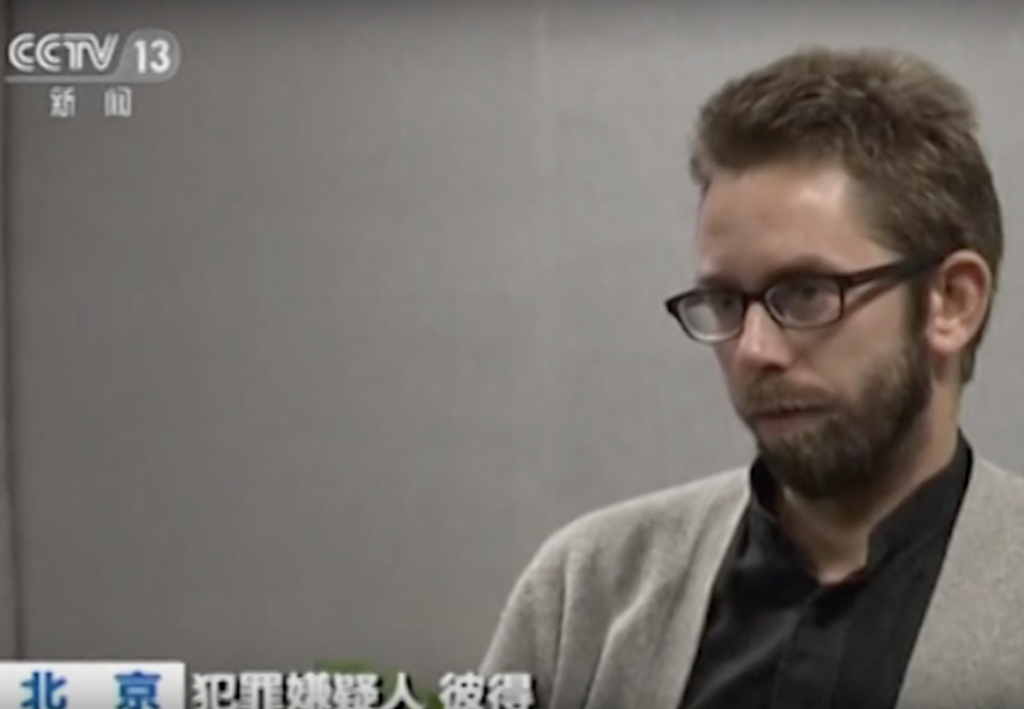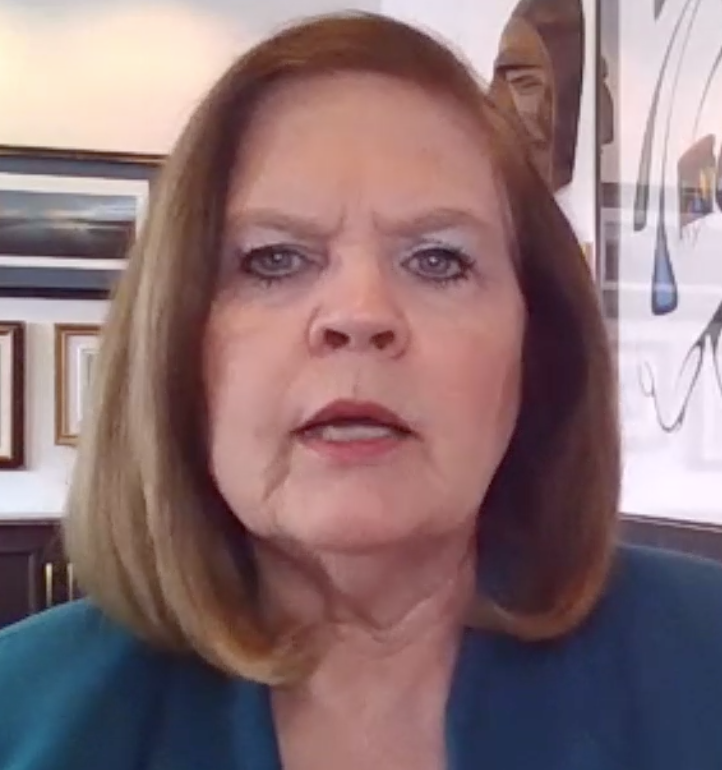Auditor General says lax pandemic planning, info sharing gaps put Canadians in jeopardy
Bob Mackin
The Canadian government’s system to warn of a pandemic was not working as the coronavirus spread from Wuhan in late 2019 and it failed to improve information technology after 2003’s SARS epidemic and 2009’s H1N1 pandemic.

(Office of the Auditor General Canada)
Those are some of the conclusions of the Auditor General of Canada’s March 25 report on pandemic preparedness, surveillance and border control measures. The report was highly critical of the Public Health Agency of Canada’s planning and response to the nation’s biggest public health crisis in more than a century.
“Given that it is impossible to predict when a pandemic may occur or how severe the impact on Canadians will be, the Public Health Agency of Canada must be ready to respond to a pandemic at any time,” said the report.
The report found PHAC took some steps to develop plans and national guidance after H1N1, but, prior to the COVID-19 pandemic, the agency did not update all of the plans or complete a test exercise with provincial and territorial governments. A test exercise had been scheduled for 2020.
“A national advisory committee on severe acute respiratory syndrome (SARS) and public health officials found that during the 2003 SARS epidemic, an inappropriate information technology infrastructure had a negative impact on information flow and on the management of the outbreak,” the report said. “The Standing Senate Committee on Social Affairs, Science and Technology also mentioned the importance of information technology infrastructure in its review after the 2009 H1N1 pandemic.”
There were data-sharing agreement gaps between PHAC and partners, even after a 208 audit report on infectious disease surveillance. The 1997-established Global Public Health Intelligence Network (GPHIN) was supposed to offer alerts and risk assessments. Instead, it offered only links to news articles for its 450 domestic and 520 international subscribers.
“We found that no alert from the GPHIN was issued to provide early warning of the virus. According to the agency’s criteria, an alert is to be issued for an unusual event that has the potential for serious impact or spread. However, no alert was issued when news of an unknown pneumonia was first reported, when the virus had spread outside of China, or when domestic cases were first suspected and confirmed.”
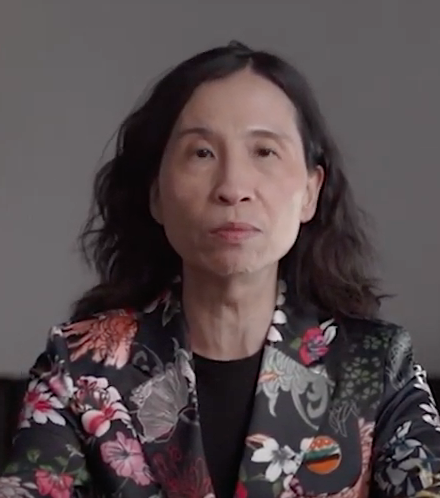
Dr. Theresa Tam (Government of Canada)
PHAC officials confirmed that other international sources had already shared news of the virus by the end of December 2019, but the auditor general noted that GPHIN issued an alert in May 2019 about an Ebola-like illness in Uganda, and an alert in August 2020,about a virus infection caused by tick bites in China.
The auditor found Canada Border Services Agency acted quickly to enforce emergency orders against foreign nationals entering the country, except those who were essential workers. But CBSA did not review whether officers were consistently applying exemptions for essential workers.
Enforcement of mandatory quarantine was limited during March 31-June 30, 2020. PHAC “did not always meet the targets it set to verify whether travellers subject to the mandatory 14-day quarantine upon entering Canada were following the quarantine orders.”
Because of limitations of public health information, the agency could not track new cases to see if they could be connected to travellers that ignored quarantine orders.
“Of the individuals considered to be at risk of non-compliance, the agency referred only 40% to law enforcement and did not know whether law enforcement actually contacted them. The agency had not contemplated or planned for mandatory quarantine on a nationwide scale and, as a result, had to increase capacity to verify compliance.”
The agency missed an opportunity to assess the effectiveness of quarantine measures in limiting the spread of the virus.
“From May 5 to June 30, we found that 60% of all travellers subject to mandatory quarantine received a follow-up call. We note that during this time, the agency increased the number of calls it made to travellers. Over the entire time period, only 58% of travellers showing possible symptoms of COVID-19 received a call, despite being a priority for follow-up.”
Support theBreaker.news for as low as $2 a month on Patreon. Find out how. Click here.
Bob Mackin The Canadian government’s system to warn







